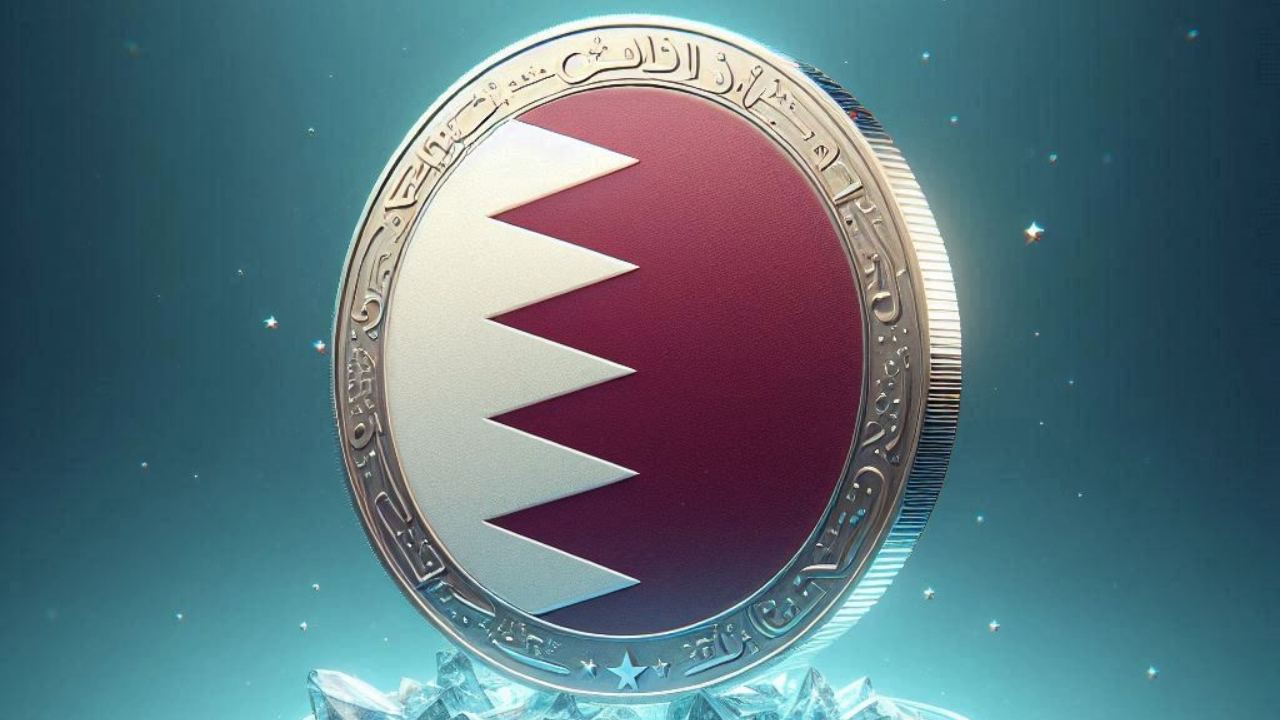Qatar Opens Doors for Crypto Businesses with New Digital Asset Regulations
Qatar has made a significant shift in its stance on cryptocurrencies, introducing a robust framework for regulating digital assets in 2024. This move marks a stark contrast to its earlier policy when it banned crypto back in 2018. Now, Qatar is looking to position itself as a leader in the digital financial economy by allowing companies to apply for licenses to operate as token service providers.
This is exciting news for crypto traders and businesses alike. Imagine going from a strict no-crypto policy to opening up a world of possibilities for innovation, particularly in the Middle East, where countries like the UAE have already made strides in the sector. Qatar’s new framework could lead to a blossoming of opportunities for both local startups and international firms looking to expand in the region.
With this new regulation, Qatar aims to develop its financial landscape by addressing everything from the legal recognition of property rights in tokens to smart contracts and custody arrangements. For anyone interested in the evolving world of digital assets, this is a big deal. The government is laying the groundwork to ensure that the world of tokenization—whether in real estate, art, or any other sector—is legally protected and recognized.
If you’re a trader or a crypto business looking for new markets, Qatar could be an enticing destination. The Qatari Financial Centre (QFC) has crafted a framework that not only allows for the licensing of token service providers but also aims to boost Qatar’s competitiveness in financial services. This could mean increased liquidity in the market, more innovative products, and a more secure regulatory environment, which is exactly what many traders and businesses are looking for.
A New Chapter for Crypto in Qatar: Smart Contracts and Tokenization
The introduction of Qatar’s digital asset regulations is about more than just trading Bitcoin or Ethereum. The country is setting the stage for broader adoption of blockchain technology by recognizing smart contracts and other digital assets as legally valid. This shift opens up exciting possibilities for industries like real estate, where property rights can now be tokenized and traded securely.
For traders, this is where things get really interesting. The ability to tokenize assets—whether it’s property, art, or even intellectual property—means that the world of crypto is expanding far beyond just buying and selling coins. This could be the start of a new wave of investment opportunities, with assets previously thought to be “non-tradable” becoming liquid and accessible to a global market.
Qatar’s framework also makes it clear that they’ve thought carefully about how to protect traders and investors. Custody arrangements and property rights will now be safeguarded, which provides a level of security and trust that many in the crypto world have been seeking. If you’ve been hesitant about diving into tokenized assets because of concerns over security, this move by Qatar should give you more confidence.
What Does This Mean for the Middle East?
Qatar is not just following trends; it’s setting itself up as a leader in the Middle East’s digital finance revolution. With its new regulations, it’s joining the ranks of countries like the UAE, which have already taken steps to create a friendly environment for digital assets. But what sets Qatar apart is its structured, clear approach to regulation.
For traders in the region, this is excellent news. The more structured and transparent a market is, the better it is for business. It reduces uncertainty, makes trading more predictable, and can attract bigger players into the market. If you’re already trading in places like Dubai, Qatar’s new regulations might give you another competitive marketplace to explore.
The collaboration behind these regulations is also worth noting. Qatar worked with an advisory group of 37 domestic and international organizations, along with fintech startups, to ensure that the framework is aligned with global best practices. For anyone trading or doing business in the crypto space, this international input should be a comforting sign that Qatar is taking things seriously.


